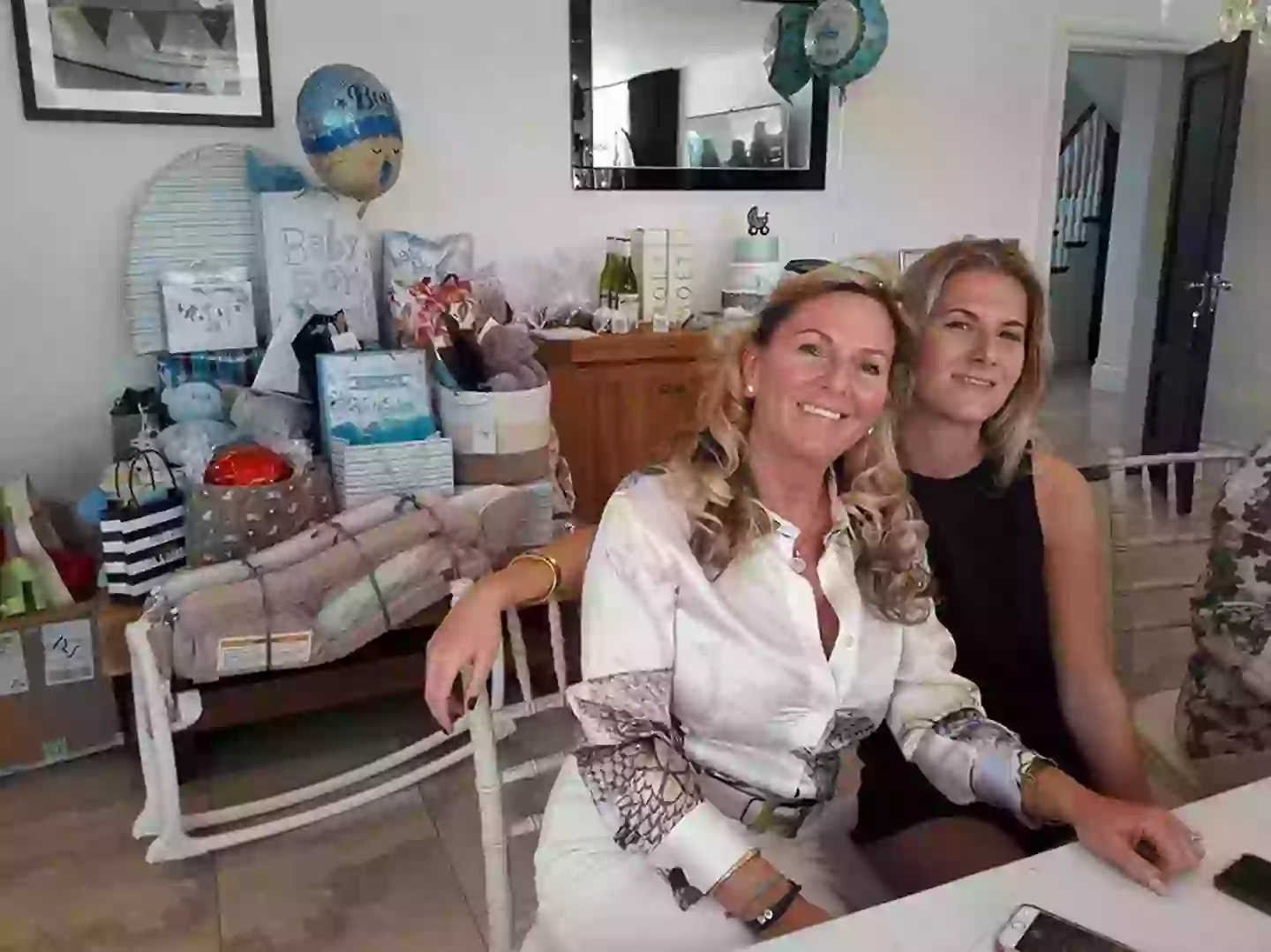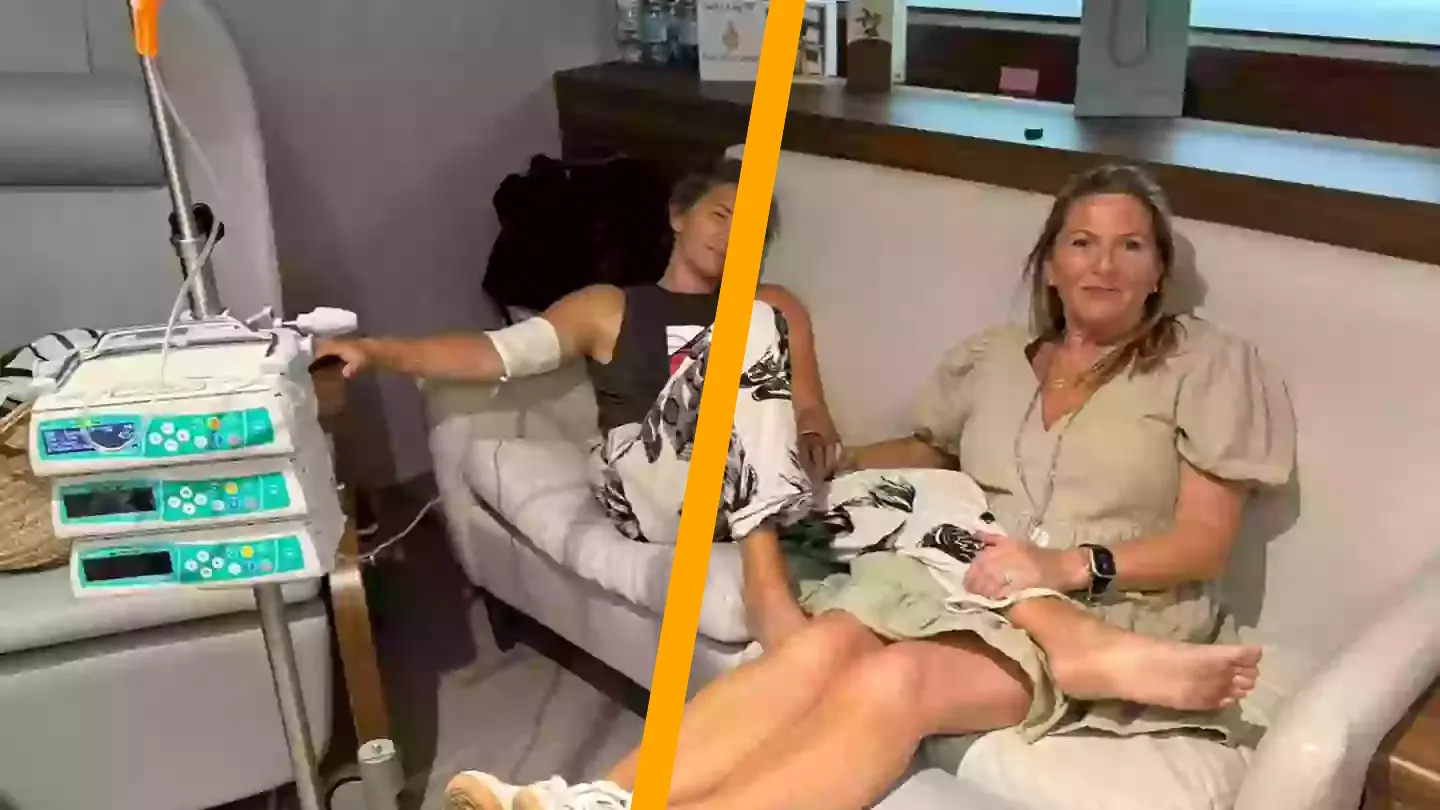A 33-year-old UK woman has been given a limited timeframe to live after her symptoms were initially misdiagnosed as long Covid.
In late 2023, Olivia Knowles, hailing from Blackpool, started experiencing headaches and fatigue, which were attributed to “very likely long Covid.”
Following severe toothache, Olivia was subsequently diagnosed with acute myeloid leukaemia (AML).
Leukaemia, a type of cancer affecting white blood cells, often presents with symptoms such as fatigue, breathlessness, and frequent infections, as noted by the NHS.
In December 2024, Olivia underwent a stem cell transplant and was declared cancer-free a few months later.

However, just one week later, in early last month, Olivia was devastated to learn that the leukaemia had returned, leaving her with only months to live.
On March 16, Olivia embarked on a 20-mile walk around Fairhaven Lake, aiming to raise funds for clinical research at King’s College Hospital to aid those facing similar challenges now and in the future.
“I always thought that relapse would be a real possibility, but obviously, I just didn’t expect it to be so soon,” Olivia shared with PA Real Life.
“I miss my regular life, just going to work and training. That’s all I long for – my normal day and routine.”
“If given one day, it might seem unusual to some, but I would simply love to take the dog for a run and go to work, more than anything,” she added.
The quick relapse after being declared cancer-free took Olivia and her healthcare professionals by surprise.
Olivia recounted, “I’d had a blood test just a week prior. The results were excellent, with no cause for alarm.”
“A week later, I showed active disease. My counts were off,” she noted.

Despite the successful transplant, doctors were taken aback by the cancer’s return.
“When I got the news, I wanted to go home,” Olivia continued.
“It was hard to accept after being told there was no disease.”
Olivia began a new chemotherapy treatment in late March and hopes to participate in clinical trials soon.
Given the treatment she underwent over the past year, it’s a significant setback for Olivia.
“We almost succeeded, but ‘almost’ isn’t enough,” she remarked.
“I undertook this walk to ensure that, eventually, the next 33-year-old, the next one-year-old, the next one-month-old, won’t face an ‘almost’.”

